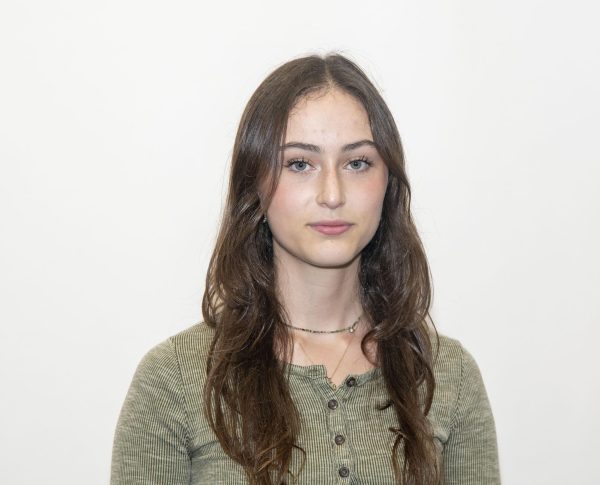Quality over quantity: How the pandemic altered the social lives of students
As the isolation of the pandemic wears on, students find their social life adjust to their new normal
With quarantine requiring individuals to stay in and distance regulations limiting person-to-person interaction, students find their social landscapes naturally changing.
Senior Owen Haddad, who considers himself a “floater,” used to be a part of many different friend groups. Due to the nature of quarantine, he narrowed down his social circle to a more tight-knit group.
“When corona kind of forced me to settle down, I got this new perspective of what it’s like to have a core friend group and to grow really close with people,” Haddad said.
Just like with friends, COVID has altered his relationships with those in his household.
“It kind of fluctuates, and I think every family can also agree that there’s up days and down days of quarantine,” Haddad said. “There was never a dinnertime where all four of us were home, and that’s been really unique.”
Sophomore Samantha Grout’s family has also put an emphasis on quality time, now that she and her sister, a college freshman, are learning from home. She and Haddad agree that the pandemic has brought their families together —both are closer with their parents and siblings.
“We’ve made it a priority to be with each other,” Grout said.
As well as influencing interpersonal relationships, COVID has also impacted students’ relationships with themselves. For some, their mental wellness has gone down as they find they have to adapt to a new world.
“I don’t want to put myself out there because I know so many people are struggling, and so many other people have a lot more to deal with, but I’m trying to get into the habit of not devaluing my problems just because someone else has bigger problems,” Grout said.
In a stark contrast, some people are finding themselves thriving in these unusual circumstances.
“I actually felt the opposite, I feel that I have grown and learned a lot from the whole experience,” Haddad said. “I would say my mental health isn’t necessarily deteriorating, but of course my heart goes out to those who are.”
Freshman Amelia Maher began to experience dreams about attending online school as a result of the anticipation that came with the start of the online school year.
“These dreams started in August, a little bit before school started. I was really nervous about school and I didn’t know how [the teachers] were going to do it and what was going to happen,” Maher said.
Her dreams normally start off as a usual day, but the events during the Zoom meetings tip her off. Most of the time, in her dreams, an out-of-the-ordinary event happens to the teacher or classmates, such as “my teacher [being] kidnapped; another time somebody got robbed,” according to Maher.
Not all of Maher’s Zoom dreams are “chaotic.” Some of the dreams are very similar to a normal online school day.
“I’ve had a few dreams that are scarily accurate and I will wake up and realize I didn’t actually just attend school. I’m one of those kids who really want to return to school and I’m trapped in the house for almost a year, so it’s scary having these dreams; it’s like twice the amount of Zoom calls,” Maher said.
Whether it’s unusual side-effects, loneliness, more family time, or lack of social interaction, the self-isolation has made students appreciate what they took for granted before.
“When I watch TV shows and movies now I’m like, ‘Oh my god they’re not wearing masks,’” Haddad said. “And I have to remind myself that this is a movie from the 80s.”

This is my fourth year on staff, and I've been a Staff Writer, Copy/Writing Editor, Opinion Editor and now Editor-in-Chief. I love designing and interviewing the most and outside of journalism, I'm a dedicated...

Literature and grilled cheese enthusiast. Will play We're Not Really Strangers with anyone (even you!)



